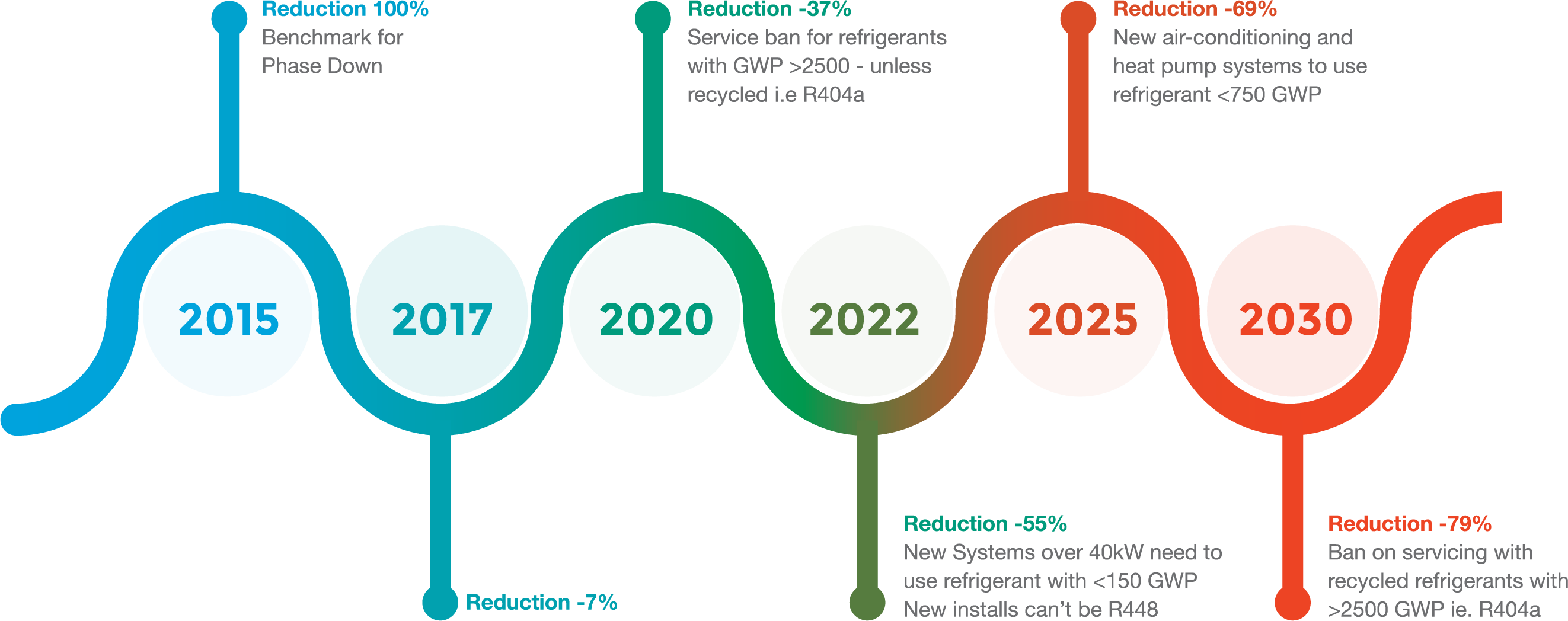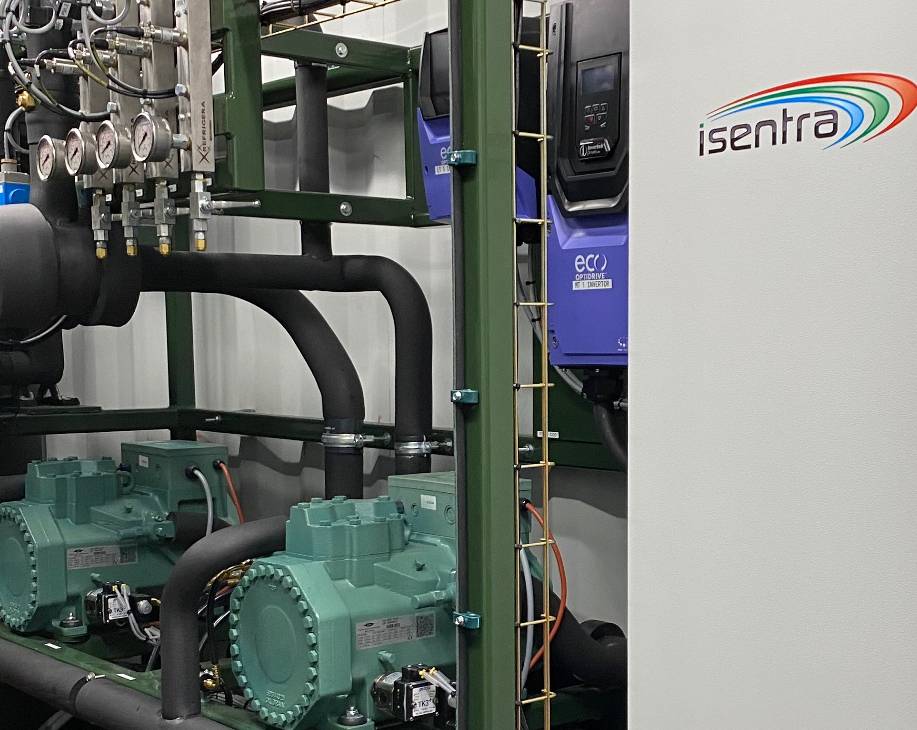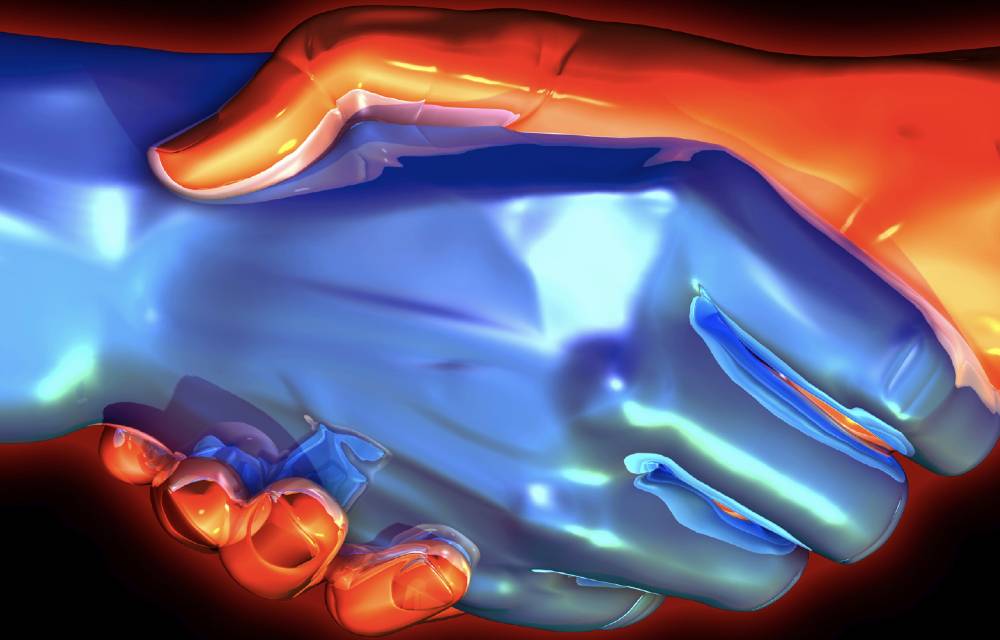the new face of refrigeration

F-Gas
What do you need to know?
The F-Gas Regulations are now being aggressively put into force throughout Europe and they are completely forcing a change in refrigeration choice. isentra is leading the way with Carbon Dioxide as the natural choice over HFC refrigerants, such as R404A, R134A. R407 & R448. Carbon Dioxide is a fantastic, natural refrigerant, despite the irony of it being frowned upon in the climate change debate. CO2 / R744 is actually, 3,821 times less polluting to the environment than the traditional mainstream synthetic HFC R404A.

The impact of F-Gas
regulations
Here are just some of the reasons for moving away from the hugely polluting HFC synthetic ingredients:
- HFC Phase Down is now – there’s already been a 79% reduction in HFC use
- Mandatory requirements are being policed now
- Costs are volatile and unpredictable
- HFC refrigerants will stop being freely available
- In new systems, HFC refrigerants will soon be illegal
- Service bans imposed for old HFC refrigerants
- End users must track their HFC usage
- Documented and frequent HFC leak checks

F-Gas
Timeline
HFC Refrigerants – the time to change is now
F-Gas Regulations are forcing the fastest transformation ever seen in the cooling industry. New technologies with a low Global Warning Potential (GWP) are essential to meet and achieve the F-Gas Regulation demands and objectives.


F-Gas regulations & CO2 Refrigeration
FAQ – what you need to know
- What is the F-Gas regulation?
- What is Phase Down?
- How has the cost of HFC been affected?
- What is the future for HFC Refrigerants ?
- How harmful is HFC R404A to the environment compared to CO2?
- How safe is CO2 in refrigeration?
Interested in CO2 refrigeration solutions for your business?



